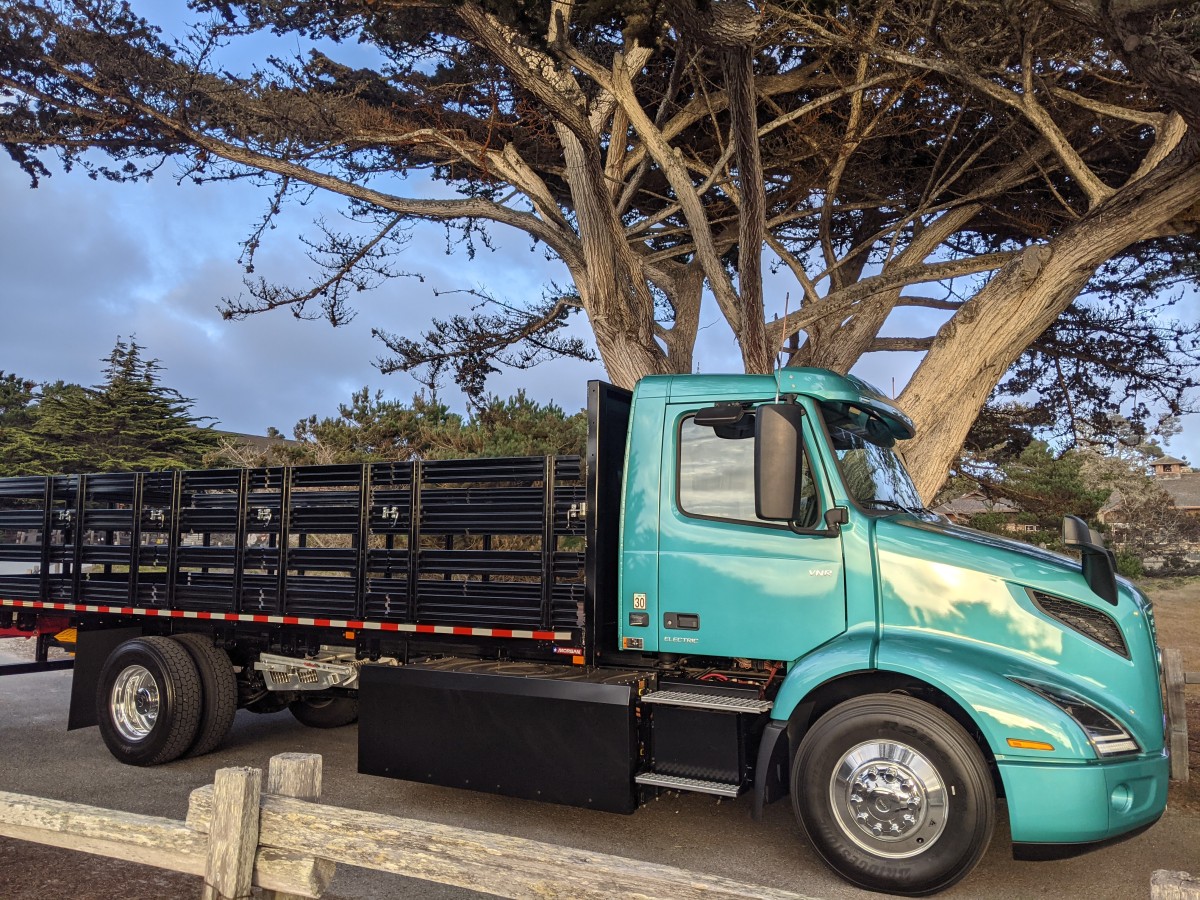For the first time since 2001, the Environmental Protection Agency is working on a new rule to clean up pollution from trucks, protect public health, and address the climate crisis. The time is ripe for such a rule. The recent IPCC report highlighted the urgency of rapid and deep changes to prevent catastrophic climate change, and the use of zero-emission vehicles is already accelerating dramatically.
While trucks and buses make up only 10 percent of all vehicles on US roads, they are one of the largest sources of smog and particulate pollution, resulting in severe health impacts for communities living near highly trafficked areas like warehouses, ports, and highways. These communities are frequently communities of color. According to the Clean Air Task Force, diesel pollution is responsible for “more than 8,800 deaths, 3,700 heart attacks, hundreds of thousands of respiratory illnesses, and approximately $100 billion in monetized health damages per year across the US.”
We have the tools we need to reduce truck pollution. The EPA rule covers vehicles such as delivery vans, large pickup trucks, school buses, flatbed trucks, dump trucks, garbage trucks, and big rigs and there are currently over 100 models of zero-emission vehicles. Zero-emission technology has arrived; we need the policy to match it and move manufacturers to accelerate production. Six state governments have already adopted zero-emission policies, showing it can be done. But even though zero-emission technologies are cheaper over the long run – not to mention beneficial for our climate and our health – industry lobbyists are already kicking up a fuss about the proposed rule.
As a longtime clean transportation advocate, this doesn’t surprise me. Freight industry lobbyists have long worked to undermine or outright block the rules that federal and state agencies propose to slash truck pollution and protect our health and climate. As more state and local governments and corporate fleets are demanding zero-emission trucks and buses, manufacturers have made significant investments and splashy public commitments about transitioning away from gas-powered vehicles. However, industry lobbying against zero-emission trucks remains in full force.
The stakes are too high to let industry lobbying snatch away this opportunity to protect our communities and our climate. That’s why I’m testifying before the EPA to urge them to adopt stricter truck emissions standards that will benefit communities across the country – including communities like mine. Washington, D.C., where I live and raise my son, got an “F” for its high levels of ozone pollution – also called smog – from the American Lung Association.
The Sierra Club also worked with a coalition of environmental and social justice organizations to send a letter to the Truck and Engine Manufacturers Association (EMA) and its member organizations to describe the pivotal moment we’re facing right now: We’re in a pollution and climate crisis that must be addressed. In our letter, we urge EMA to join us and establish 2035 as its zero-emission target for all groups that are a part of the association.
Time is of the essence: A recent survey of major corporate fleets showed an overwhelming preference for electric vehicles. Some of the country's largest fleets, such as UPS, FedEx, and IKEA, have committed to buying only zero-emission trucks in the coming years. Companies expect to purchase 330,000 zero-emission vehicles over the next five years – pending availability.
The EPA must finalize a clean trucks rule this year to get cleaner trucks on the roads as soon as possible and to ensure that manufacturers have enough lead time to comply with the updated standard.
In addition to urging swift action, we are also asking the EPA to strengthen the final rule by accelerating the trajectory towards zero-emission vehicles and eliminating the various manufacturer giveaways that significantly erode the standard.
Array
During the next few days of the EPA hearing, representatives from EMA and its member organizations will likely cite inflated cost estimates and discounted emissions benefits as they have in previous hearings and meetings with policymakers.
Despite these claims, we hope the EPA will listen to the hundreds of frontline community members and their allies who see strong truck emissions standards as essential to protect lives and our climate. The health, economic, and environmental benefits from a stronger standard are undeniable and long overdue.
